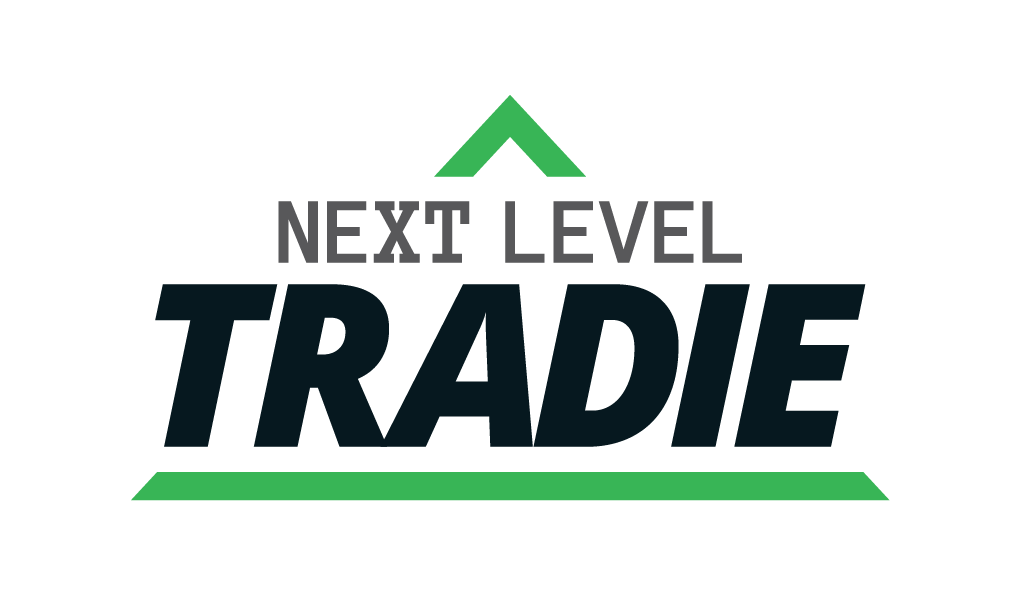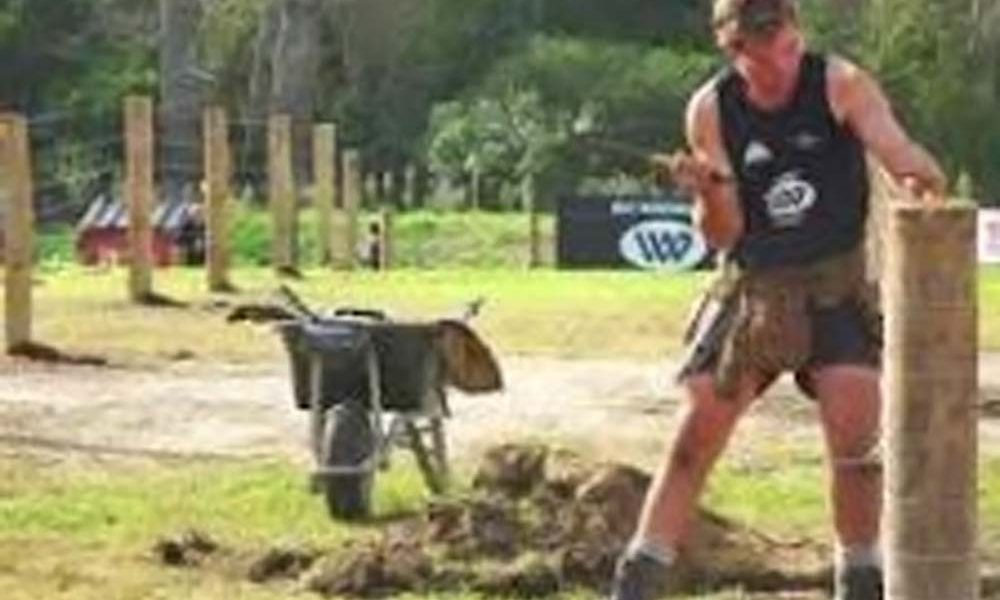
If you have a team of one or thousands, cash flow is an essential key to having a successful business. It’s also an area a lot of tradies struggle with.
Studies from ANZ Bank showed that 82 percent of SMEs fail due to cashflow issues, 69 percent of these businesses were profitable.
In other words, 69 percent of those businesses failed not because they were making losses but because they ran out of money to pay suppliers, wages, and other expenses to keep going. With better cash flow many of those businesses likely would have survived.
Doctors know that without oxygen, water, and food you cannot survive. Without oxygen, you will last around 3 minutes, without water for 3 days, and without food for 3 weeks. It doesn’t matter how fit or healthy you are now, without these 3 essentials you will not survive.
Cash is the oxygen that keeps your business going. Not convinced? How many days will your business last without cash in the bank?
Here are 5 proven cashflow strategies all tradies need to keep your bank account full and stress levels low
1 – Watch the canary in your coal mine
Coal mine workers would always take a canary in a cage into the mine to see if it was safe. This was their early warning sign, if there was a lack of oxygen and or dangerous gases, the canary was the first one to be affected. If the canary died or looked unwell, they would drop tools and act immediately while there was still time.
With cash flow in your business, there are also early warning signs. The canary for you might be that you seem to be always behind with bills every single week, too many overdue accounts, or that warning letter from the IRD.
These are all signs that need immediate attention. It might be making an arrangement with the IRD, chasing overdue invoices, or getting more work. But don’t leave it, act now before cash flow gets out of control.
Look for the warning signs early. With our clients, we always equip them with our tradie dashboard, which gives a snapshot of each important part of the business and identifies the early warning signs where cash flow will be affected and needs attention.
2 – Ensure your rhythm supports your cash flow
In music, the rhythm is defined as “the underlying structure that all the other elements of music are held together by”. In your business, you also have a rhythm for cash flow. But is it one that supports or hinders your business?
Are you always scrambling to pay wages every month, chasing the next dollar to stay ahead for another month? Waking up at 3 am realising that you forgot that the GST is due tomorrow?
Or is it a symphony where your business is predictable, with a steady flow of cash to pay all the bills and then some? Where large jobs have payment terms structured with cash flow in mind, invoices are always sent out on time, a team member regularly follows up payments, and there is a healthy cash buffer in both your cheque and tax accounts.
With the right systems in place, key team members taking responsibility, and regular check-in points, you can have a predictable rhythm with much less stress and a healthy cash buffer.
3 – The numbers are your guide
The numbers will show you how much cash you have available and what is required in the future.
You should be watching your cash position (if you collect all the money owed and paid everyone, what’s left), cashflow forecast (tells you what your bank account is going to look like over the next few weeks/months), overdues, Profit and Loss (are you making money or digging a hole).
Be careful to make sure your numbers are accurate. I often see a lot of builders who have profit figures that look great one month and then terrible the next. This can be a timing issue when deposits are taken or invoicing stages on larger projects. Which can really skew your figures big time. We usually have a work-in-progress calculation added to the profit and loss to allow for this.
One of the first things I always do when working with clients is check if their numbers are correct and show them which ones are most important. Over 50% of the time their numbers are wrong.
Wrong information leads to bad decisions. You don’t want to be buying that new ute with cash and then discovering there is not enough to pay the taxes due next month.
4 – Make sure you have the right map
Now that you have the numbers, identify your location and where you want to go. A map will show the way.
If you are traveling from Auckland to Dunedin by car, and you only have a map of Canada that’s not going to help. Many tradies are using the wrong map or no map at all for their cash flow.
One of my clients had plenty of work on but was worried about increasing the team even though the work was profitable. The problem is they were using the old map from last time, which was ‘grab anyone you have available and hope it works out’. It didn’t.
This time it’s different. They have the right map now, a system for attracting and identifying the right team members, a cashflow forecast (so there are no surprises when payroll comes around), have identified the best and most profitable jobs, and are building a cash buffer for the first few weeks while the new team members get up to speed. All are geared to optimising cash flow.
The right map will guide you on the direct path, without all the wrong detours in between.
5 – Don’t let your emotions tank your bank account
Do you go into a tailspin every morning when you check the bank account and get crazy frustrated at having to follow up with the late payers yet again? That voice in your head starts playing again. It’s just not fair…we work so hard… why us…
Or maybe you know you need to get into the office and do that invoicing you have been putting off all month, but decide to stay on the tools this afternoon instead. Get home and argue with your partner (who pays the bills) about why there is no money in the account, and then feel guilty for the rest of the night that you still haven’t done the invoicing.
Procrastination kills momentum, splits your focus, and creates emotional thinking rather than being strategic.
The bank account doesn’t care how you feel or how hard you work, ultimately it’s just a reflection of the choices (good and bad) you have made in the past, the systems you have put in place for collection, the clients you decided to work with, the overdraft facility you arranged or the types of jobs you took on.
When you replace emotion with strategy, cash flow gets much simpler and less stressful. You make time in your week for the important things like invoicing, following up on overdues, getting your team in sync, and cash flow forecasting. Now you have laser focus on what needs to be done and when and who is responsible for completion.
Master this game and your business and bank account will improve significantly.
These strategies work best when you use them consistently and are even more important as you grow your business. But also be aware that as your business and the economy changes you will need to keep adjusting. Many things can disrupt short-term cash flow, as the last couple of years have proven with shifting schedules, material shortages, losing or adding key team members, holidays, lockdowns, sick leave, or maybe you are in a growth phase. These all affect cash flow.
With the current uncertain environment, it’s essential to have plans in place to handle the cash flow.
One of my largest clients is very profitable and has grown significantly over the past few years, at times they still struggle with cash flow. But because these principles and systems we have put in place they have been much better equipped to handle the surprises that have come their way.
Cashflow is the oxygen of your business, make sure you get it right and your business will thrive.
Daniel Fitzpatrick
www.nextleveltradie.co.nz

Published in the Business, Health & Safety, Environment Feature in WIRED Issue 69 / June 2023 by Fencing Contractors NZ
Follow us on Facebook
© Fencing Contractors Association NZ (FCANZ)




